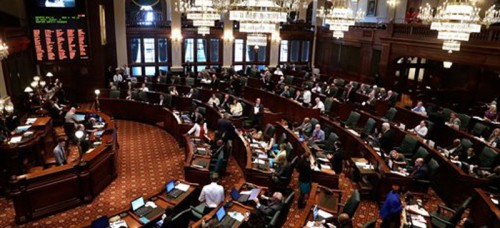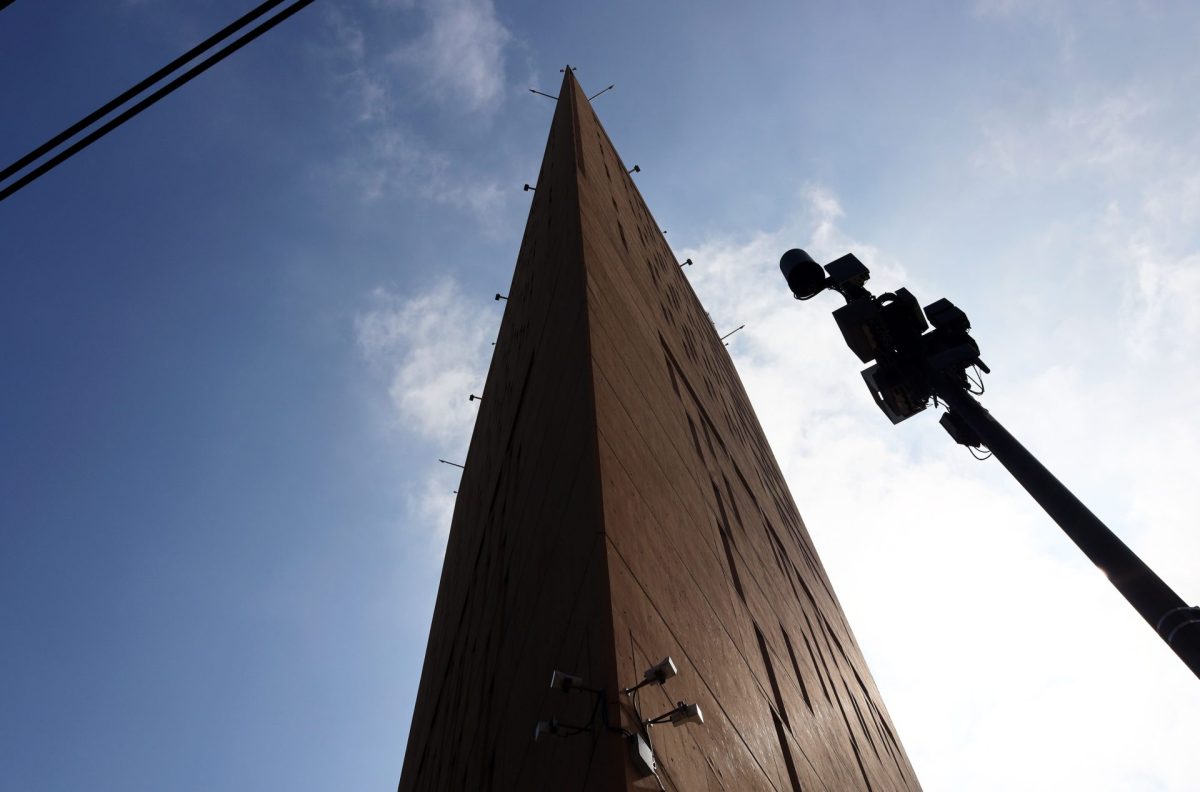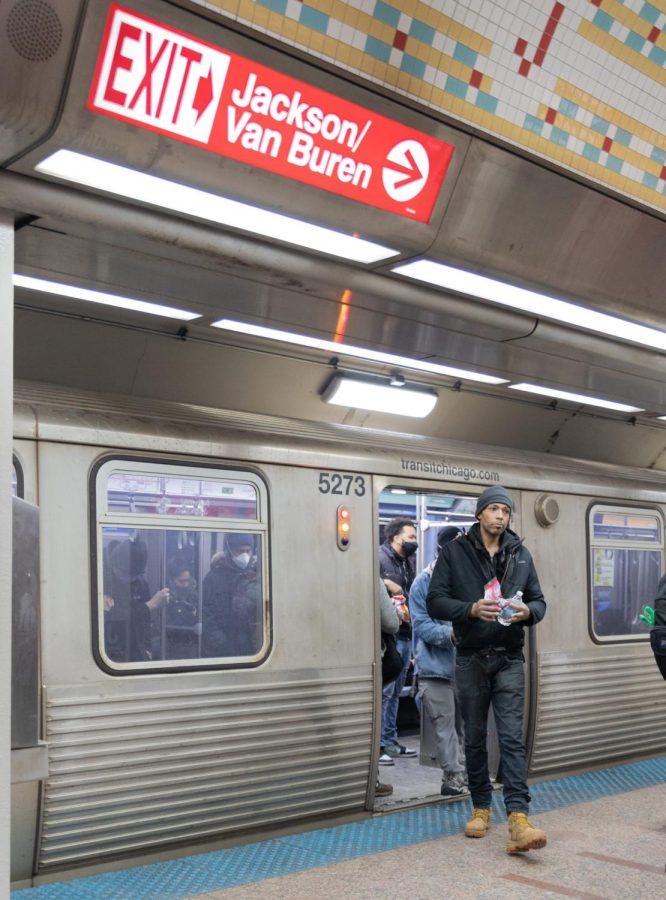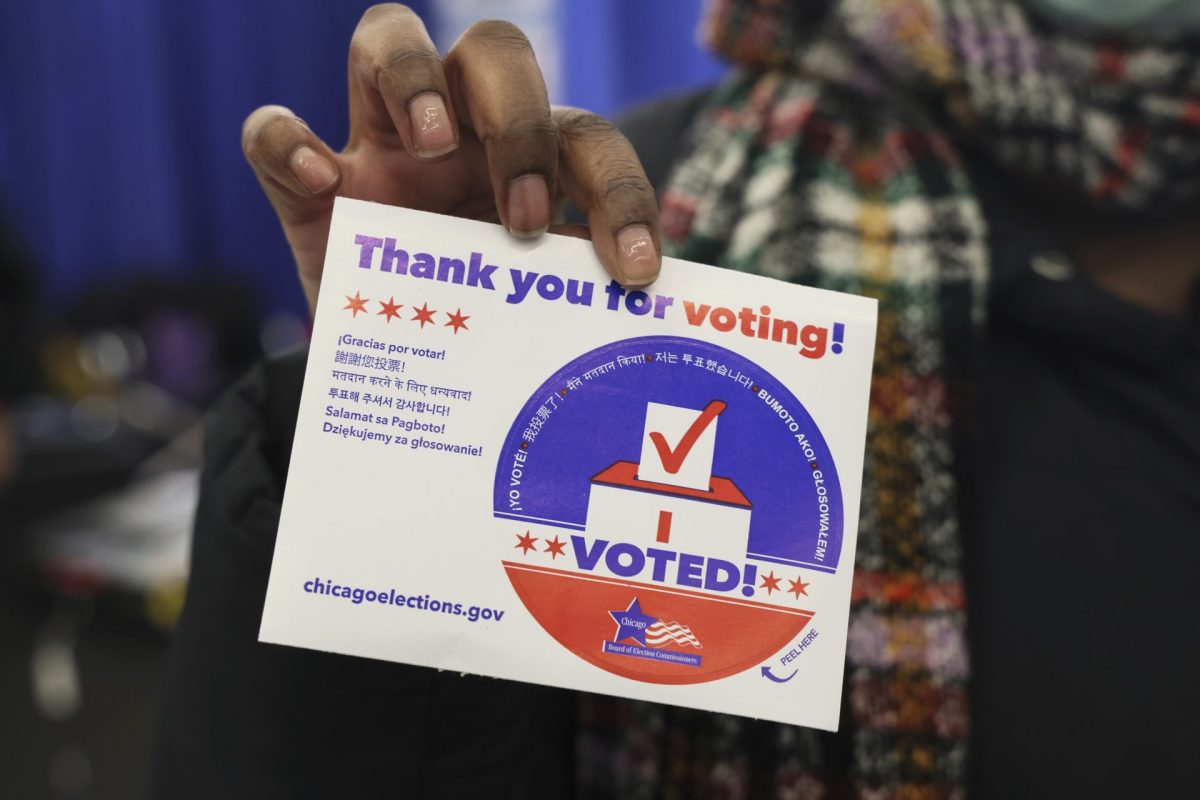
The start of a new year entails more than kisses at midnight or the popping of champagne—it also marks the induction of newly passed laws. On Jan. 1, 220 new Illinois state laws went into effect. These regulations range from permitting universities and the Department of Agriculture to conduct research on hemp to updating the proper procedure for disposing of grease oil. While many of these laws are irrelevant to the average citizen, it is still interesting—and occasionally useful—to be educated on the new state laws.
One law in particular will have a direct impact on many Illinoisans: Cigarettes are now legally defined as litter in the state of Illinois. This means that the smokers outside the SAC would be wise to ensure that their cigarette butts are properly disposed of instead of flicking them onto the street. On top of this change in definition, littering now has a minimum mandatory fine of $50.
Madison Lynam, a DePaul sophomore, agreed with the increase of consequences for littering. “I think this law is a great step forward, especially for the city of Chicago. When there are a lot of cigarette butts on the ground, it can be distracting from the beautiful city we live in,” Lynam said.
Though the crackdown on smoking may upset some citizens, not all of the new laws spell bad news. One that has had an overwhelmingly positive response is the proposal to increase the speed limit on Illinois tollways and highways from 60 to 70 miles per hour. Although the law has been officially passed by the state, this does not mean it went into effect the second the clock struck midnight on Jan. 1.
Wendy Abrams, a tollway spokeswoman, spoke to the Chicago Tribune about the potential speed increase. “There are multiple steps in the process,” Abrams said. In other words, do not assume that the tollway and highway speed limit will be 70 miles per hour any time soon.
Alyssa Rehn, a sophomore at Harold Washington College, supports the speed limit increase. “I drive home to Rockford on the Kennedy pretty often, and most drivers were already going that fast,” Rehn said. “I’m glad I don’t have to worry about getting ticketed for a driving at a reasonable tollway speed.”
The speed increase is not the only new law that could be considered overdue. For example, up until Jan. 1 the Illinois Department of Public Health was legally required to inform public schools the name of any child diagnosed with HIV/AIDS. This obligation has now been repealed. Another seemingly late law “strips parental rights from fathers when the child is conceived by sexual assault.” This means it took until 2015 to pass legislation preventing sexual assaulters from obtaining parental rights of their children.
To prevent a future ticket or to simply know one’s rights, it is best to stay educated and up-to-date on the laws citizens are expected to follow. After all, it could save you money, time and stress.













